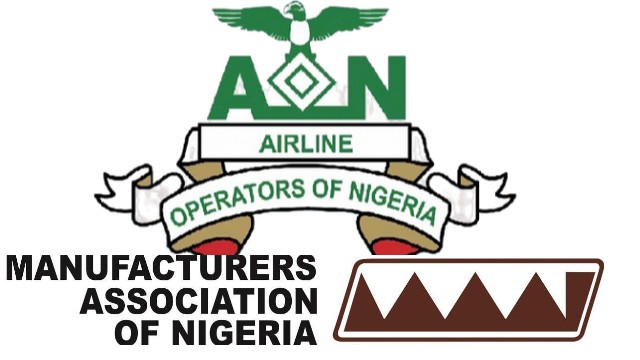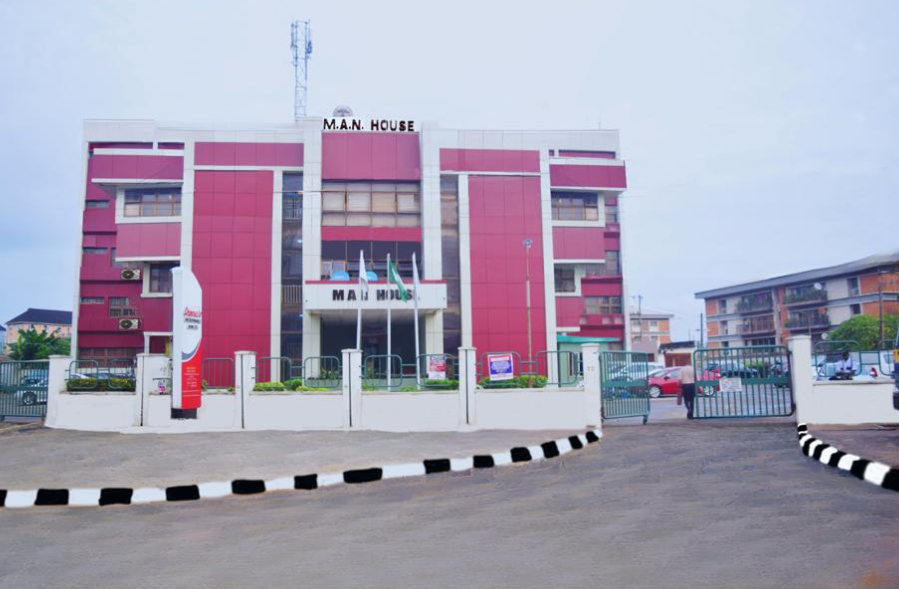Local airlines, united under the Airlines Operators of Nigeria (AON), and manufacturers represented by the Manufacturers Association of Nigeria (MAN), are strategically positioning themselves to secure priority supplies of diesel and JetA1 from the anticipated Dangote Petrochemical Refinery. The collaboration aims to ensure that domestic carriers and local industries receive favorable consideration for these critical fuels once the refinery commences production.
Timely Response to Emerging Market Dynamics
This concerted effort follows recent indications that the Dangote refinery is on track to introduce diesel and aviation fuel into the market by January 2024. This milestone comes on the heels of a substantial supply of one million litres of crude oil to the facility. Earlier announcements by the refinery hinted at plans to predominantly sell refined petroleum products in the international market, raising concerns among local stakeholders about potential limited access to essential fuels.

In response, Prof. Obiorah Okonkwo, Chairman of United Nigeria Airlines and spokesperson for AON, confirmed ongoing discussions with the refinery’s management. Okonkwo expressed optimism about the potential outcomes, underscoring the importance of these talks for local carriers. Simultaneously, the Manufacturers Association of Nigeria (MAN), led by President Francis Meshioye, is convening to formulate a cohesive strategy for potential engagement with the Dangote Refinery. Meshioye emphasized that the association is deliberating to establish a coherent stance regarding diesel supply to its members, highlighting the significance of securing these vital resources for local industries.
Advocating for Local Prioritization: Collaborative Initiatives Take Shape
Uniting Industry Voices for Local Access
The collaborative efforts between AON and MAN signify a proactive stance towards safeguarding the interests of domestic airlines and local manufacturers. With the imminent entry of Dangote Petrochemical Refinery’s products into the market, these discussions seek to ensure preferential access for indigenous carriers and industries. Prof. Okonkwo’s optimism reflects a sense of hopefulness in establishing mutually beneficial agreements with the refinery’s management, emphasizing the significance of this ongoing dialogue.

Strengthening Position for Favorable Arrangements
The proactive approach of MAN, spearheaded by President Meshioye, underscores the urgency of formulating a clear position that represents the interests of local manufacturers. The association’s concerted efforts to align their objectives and present a unified stance to the Dangote refinery management indicate a strong advocacy for prioritizing domestic supply chains. This proactive collaboration aims to foster agreements that prioritize local needs amidst the refinery’s initial plans to cater more extensively to the international market.
Dangote Refinery’s Aviation Fuel Production to Alleviate Nigerian Airlines’ Cost Woes
The Nigerian aviation industry faces recurring challenges due to the perennial scarcity of jet fuel, which significantly impacts operational efficiency and financial stability. As fuel constitutes over 40% of airlines’ operating costs, its availability and pricing directly affect airfare and the profitability of carriers. Annually, this sector grapples with fuel shortages leading to flight delays, rescheduling, and cancellations, culminating from intricate issues encompassing finance, logistics, management, and policy.
The debut of aviation fuel production at Dangote Refinery heralds a beacon of hope for local airline operators and the Manufacturing Association of Nigeria. The commencement of production promises relief from foreign exchange woes and logistical constraints that have detrimentally affected the aviation sector, gradually eroding the productivity of various manufacturing companies and airline operators. Given that aviation fuel and diesel account for 40% of the operational expenses of these organizations, Dangote Refinery’s entry into producing these vital resources is greeted with enthusiasm.
Addressing Fuel Scarcity: Dangote Refinery’s Impact on Aviation Sector Viability
Jet fuel scarcity remains a longstanding issue plaguing Nigerian airlines, causing disruptions, financial strains, and decreased operational efficiency. The dependence on civil grade jet A-1 fuel, coupled with recurring shortages, has amplified the challenges faced by the aviation industry. The multifaceted factors contributing to these shortages, entwined with finance, logistics, and policy constraints, have created a complex web of issues that impede sector growth and profitability.
With the initiation of aviation fuel and diesel production by Dangote Refinery, the aviation sector anticipates a significant reduction in the frequency of fuel shortages. This development promises a more stable supply chain, thereby mitigating flight disruptions and the subsequent financial losses incurred by airlines due to delays and cancellations. Moreover, the local production of these crucial resources is poised to bolster the operational capacity of both airlines and manufacturing companies, curbing the erosive impact that high fuel costs have had on their profitability.

Implications for Economic Revitalization: Dangote Refinery’s Role in Sector Resilience
The commencement of aviation fuel and diesel production at Dangote Refinery marks a pivotal moment in Nigeria’s efforts towards economic sustainability and sectoral resilience. By addressing the long-standing challenges of fuel scarcity and the escalating costs, this development is expected to stimulate growth and stability within the aviation industry.
Additionally, the anticipated reduction in operational costs for airlines and manufacturing companies due to local production could potentially lead to more competitive airfare rates. This, in turn, may bolster the attractiveness of air travel, positively impacting tourism and business activities, ultimately contributing to the nation’s economic rejuvenation.
Dangote Refinery‘s pivotal role in diversifying the nation’s energy resources and its commitment to alleviating the aviation sector’s fuel woes is a promising step toward fostering a more sustainable and robust economic environment in Nigeria.
Table of Contents
Discover more from OGM News NG
Subscribe to get the latest posts sent to your email.














